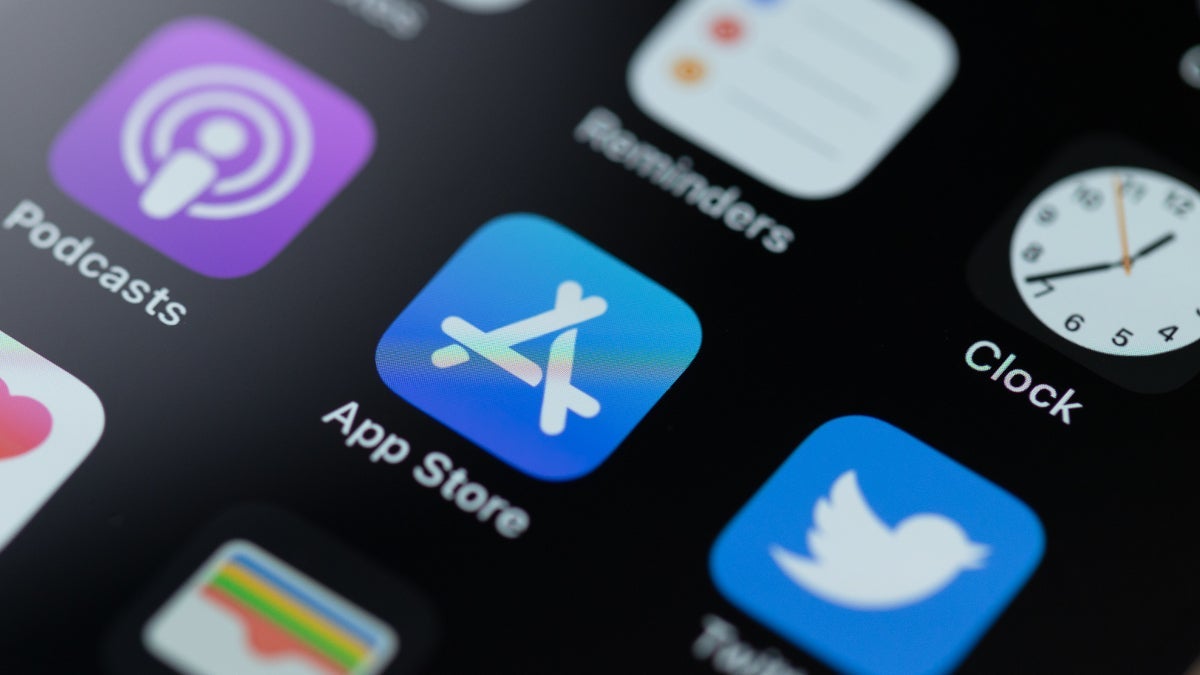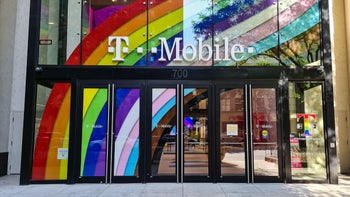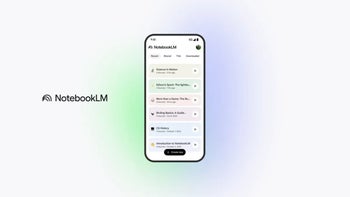EU's Margrethe Vestager meets with Apple's Tim Cook to discuss sideloading, Apple Tax and more

With the EU's Digital Markets Act (DMA) putting pressure on Apple to make changes to the iPhone that it doesn't want to make, Apple CEO Tim Cook met on Thursday with EU antitrust chief Margrethe Vestager at Apple Park. In a tweet, Vestager said that the meeting focused on some aspects of the DMA such as one requirement that Apple allow the iPhone to sideload apps in the 27 EU member countries. Apple is required by the DMA to offer sideloading in the EU by this coming March.
Sideloading is the act of installing an app from a third-party app store. Since the days of Steve Jobs, Apple has been against sideloading because of fears that it could lead iPhone users to install malware-loaded apps. While Apple can run tests on apps that are installed from the App Store, it doesn't have that capability with apps being sideloaded from a third-party app storefront. Vestager and Cook also spoke about ongoing EU competition cases including one that was brought by music streamer Spotify against Apple Music.
Apple has been pressured by the DMA and will add support for Rich Communication Services (RCS) to the iPhone later this year. This will allow Android users texting to iOS users to get many of the features that iMessage users have when messaging a fellow iPhone user. These features include high-quality photos and videos, read receipts, typing indicators, end-to-end encryption, and more.
2 main points from my meeting w/ @tim_cook @apple ️
— Margrethe Vestager (@vestager) January 12, 2024
compliance w/ #DMA, e.g. @Apple’s obligation to allow the distribution of #apps outside the @AppStore
ongoing @EU_Competition cases e.g. @AppleMusic pic.twitter.com/G2gP51IW8L
The DMA also seeks to force Apple to allow developers to bypass Apple's in-app payment platform and avoid the 30% of in-app revenue that developers pay Apple. This has been a major battle between some developers and Apple for years. And the EU is also looking to get Apple to open up its NFC-based mobile payments technology to third-party payment services.
On some of these issues, such as sideloading, Apple is expected to limit the feature to iPhone models purchased in the 27 EU countries. On others, such as adding RCS support, Apple plans on allowing this to happen on iPhone units worldwide. Apple did the same when the EU's common charger law passed which forced Apple to replace the Lightning port with USB-C.
Apple could have limited the replacement of its proprietary Lightning port to iPhone units sold in the 27 EU member countries but decided that offering two different versions of new iPhone models (with EU variants sporting the USB-C port and the Lightning port found on models elsewhere in the world) would be too complex. So as you probably know, starting with the iPhone 15 series, all new iPhones must use a USB-C charger.
It would have been interesting to hear the conversations between Vestager and Cook especially since the EU and the DMA have been the source of many headaches for Apple over the last couple of years.
Follow us on Google News














Things that are NOT allowed:
To help keep our community safe and free from spam, we apply temporary limits to newly created accounts: